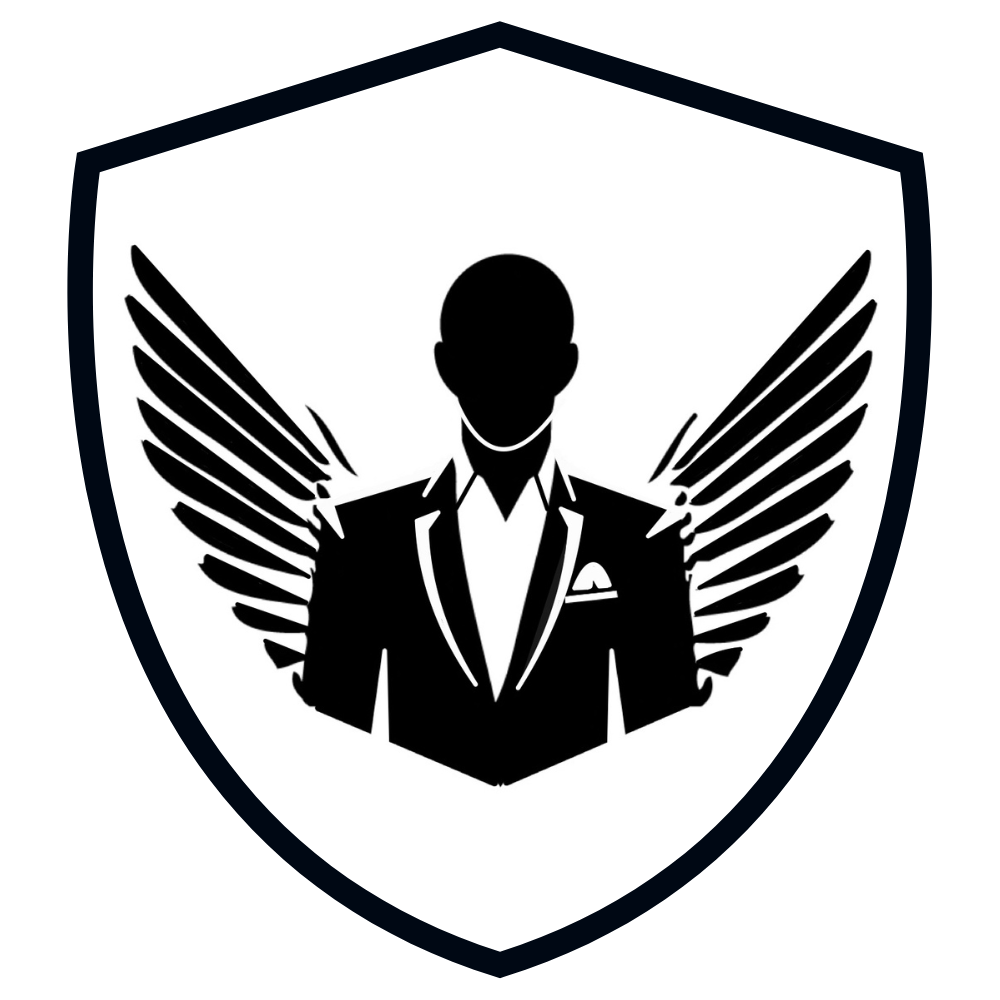Here I am on a flight to New York City coming from San Francisco. I'm thinking about all of the great conversations had this past weekend about coaching and how excited people are about The Professional Wingman bringing its services to the "Best Coast."
I remember back in the day when I used to try to convince people what we do can make a significant difference in people's lives. I also remember the proud responses of, "I'd rather figure it out on my own," "I don't need a coach, I just need to [enter magic bullet] and then I'll be set," and my favorite, "that's for people who are hopeless -- I'm not like those guys."
Nearly 500 clients later, marriages, relationships, and hundreds of media features later, We've gone past trying to convince people. The proof from our clients and people who only take the FREE advice I give online or on the blog, is more than enough. In my thinking of all of this, I came across the perfect article of how having a coach can make a world of difference in your life -- in a very short amount of time.
Who was the client? None other than Andy Murray. This article, written by David Foster [original article], is about Andy getting a coach and how that got him to finally win Wimbledon for himself and his country. I hope this inspires you as it did me.
**Enter David**
18 Months To A World Title
In center court stands the winner – eighteen months of sweat and toil now a memory, a story of the road to the top.
But there was someone behind the scenes. The one who put the final piece in the puzzle. He’s driven by bringing the best out of people. But what exactly is he doing back there?
Andy Murray, Scotland’s first Wimbledon singles champion since Harold Mahony in 1896, can tell you. His man behind the scenes was his coach, Ivan Lendl, who believed in him. Lendl, a legend himself, started coaching Murray last year.
He sits quietly in the background, when those around him are shouting and screaming. Everyone’s emotions are running high, but not his.
He knows how to focus under pressure. He’s been there, got the t-shirt, done the hard yards. He knows and understands what it takes to turn thousands of little pieces into a winning picture, and how each piece needs to be just right. He also knows it takes hard work, focus and dedication, while moving towards a vision.
He’s always been very honest with me and told me exactly what he thought, and in tennis that’s not easy to do …
He knows that the vision depends on the execution of the right plan. He’s been there, right beside Murray, every step of the way for the last 18 months, ensuring that the right pieces placed in the right places culminate in that vision. He’s used his breadth of experience to see the whole. He’s asked the challenging questions, and he cares about finding the right answers. He’s identified areas to improve his player’s game and diagnosed his weak points and technique. But rather than focusing on his weaknesses, he’s recommended how to turn them into strengths. He’s re-framed his player’s mindset – helped him understand the big picture – sat with him and helped him realize he has what it takes, not just to finish the picture, but to create a masterpiece.
It’s taken time and investment, but look at the result.
And while hundreds of people helped him on his way, Murray acknowledged Lendl for doing two of the three things that a great coach does to earn their fee: Challenge and Care.
“He’s always been very honest with me and told me exactly what he thought, and in tennis that’s not easy to do in a player/coach relationship.” “He’s fantastic, he has been patient and I thank him.”
And the third thing a great coach is? Competent. Lendl had that one covered too.
There were, of course, a lot of things that happened behind the scenes, but the most important thing was Lendl being the one person in Murray’s life who understood what it’s like to stand where he was standing and deal with the pressure, who earned his credibility by walking his talk.
It’s always been interesting to me why so many businesspeople have trouble making that leap. It’s just not possible to play a sport at any kind of competitive level without a coach. The top leaders in business are realizing that the same is true in their world. You’d be surprised how many of your competitors now work with business coaches, though they might not admit it to you. What’s in the way of you giving yourself this resource?
Eighteen months is how long it took Murray, under Ivan Lendl’s guidance and coaching, to win Wimbledon. What could you achieve in your business if you made it that kind of a priority?

